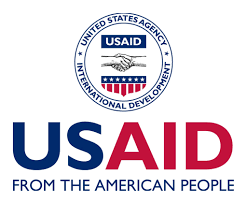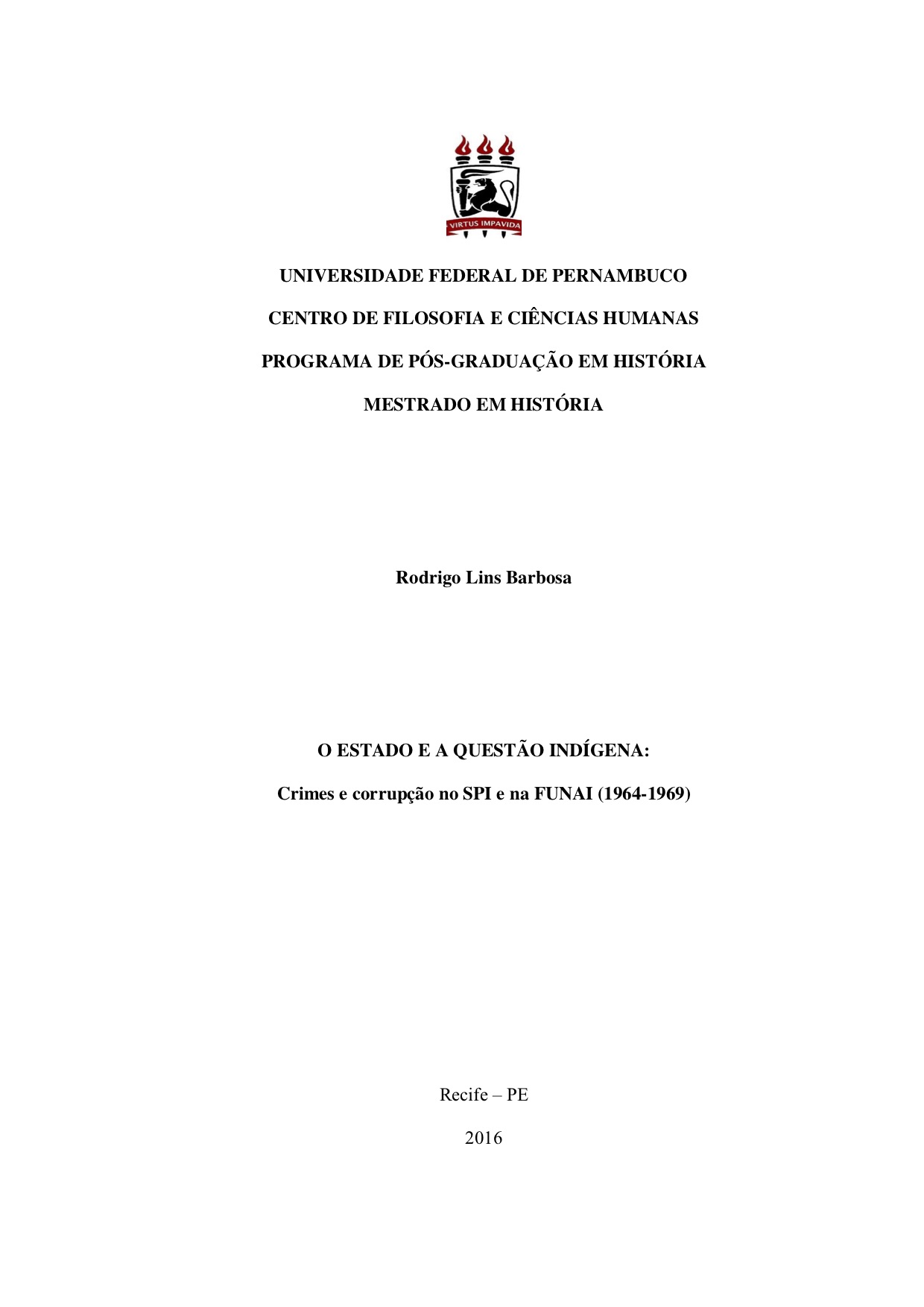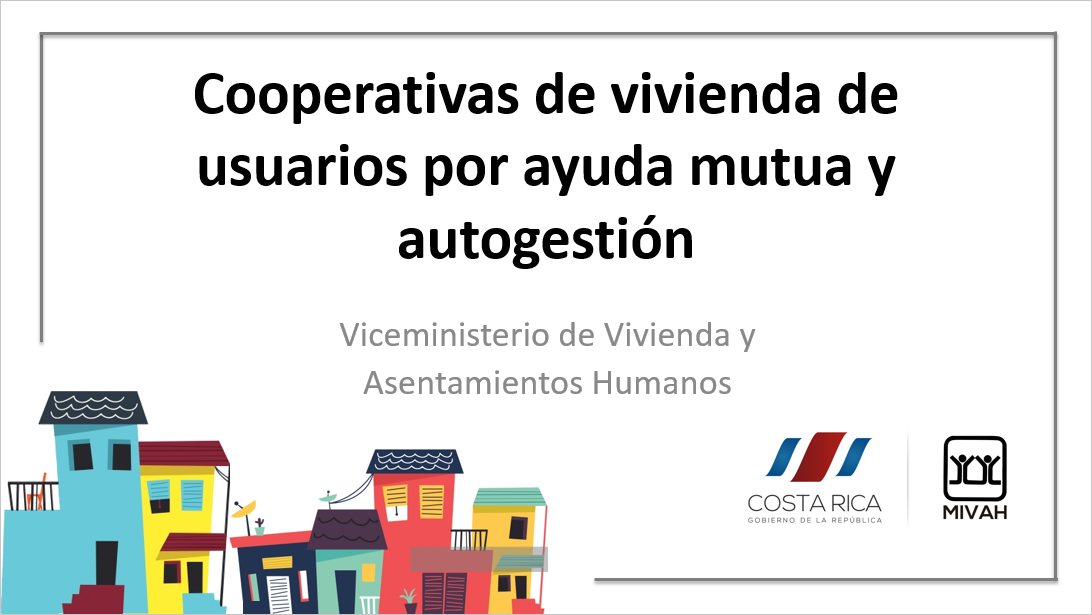Legitimate Land Rights
The Voluntary Guidelines for the Responsible Governance of Tenure of Land, Fisheries, and Forests in the Context of National Food Security discuss the importance of recognizing "legitimate land rights." But what does that mean and who determines which rights are "legitimate?"










